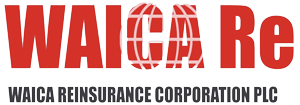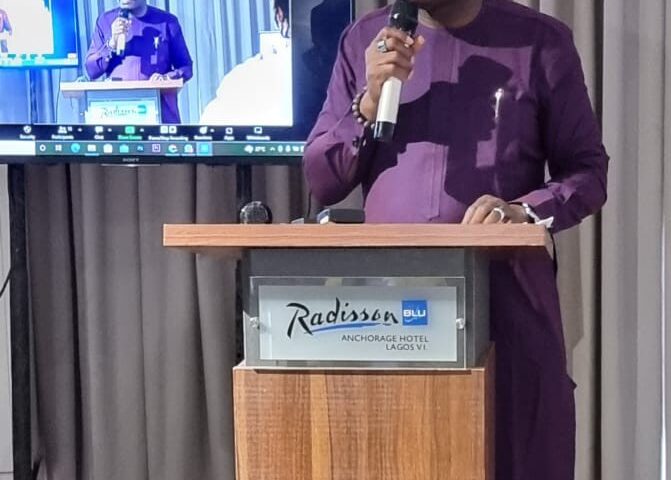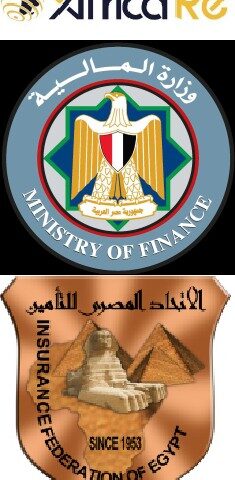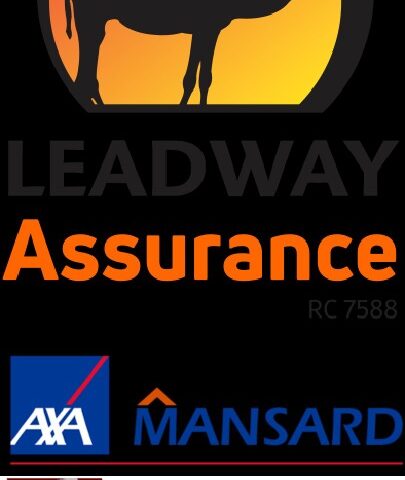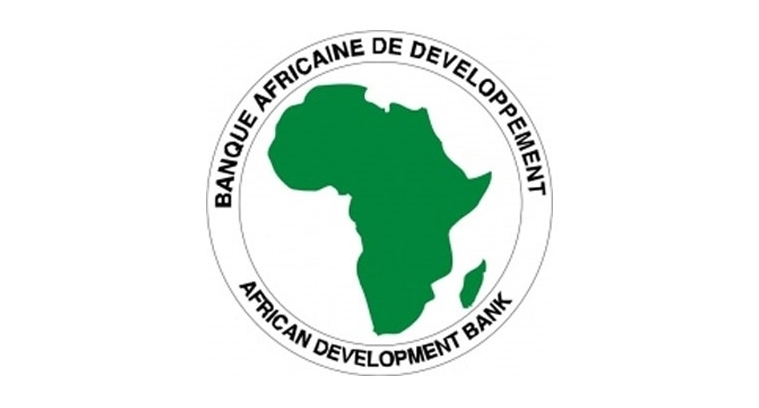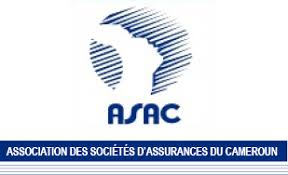A. M. Best revises WAICA Re outlook from B+ to Negative
By Favour Nnabugwu
AM Best has revised the outlooks to negative from stable and affirmed the Financial Strength Rating of B+ (Good) and the Long-Term Issuer Credit Rating of “bbb-” (Good) of WAICA Reinsurance Corporation PLC (WAICA Re) (Sierra Leone).
AM Best is a global credit rating agency, news publisher and data analytics provider specialising in the insurance industry. Headquartered in the United States, the company does business in over 100 countries with regional offices in London, Amsterdam, Dubai, Hong Kong, Singapore and Mexico City.
The Credit Ratings (ratings) reflect WAICA Re’s balance sheet strength, which AM Best assesses as very strong, as well as its strong operating performance, limited business profile and marginal enterprise risk management.
The revision of the outlooks to negative from stable reflects pressure on WAICA Re’s balance sheet strength, following the deterioration of the company’s risk-adjusted capitalisation, driven by significant business growth over the past 24 months.
WAICA Re’s risk-adjusted capitalisation remained, however, at the strongest level at the end of 2021, as measured by Best’s Capital Adequacy Ratio (BCAR), albeit with a reduced buffer to absorb potential shock losses.
The balance sheet strength assessment also considers the company’s conservative investment allocation by asset class, with the majority of the portfolio held as cash and deposits, and low level of retrocession dependence.
Partially offsetting rating factors include the company’s exposure to significant economic, political and financial system risks associated with the countries where WAICA Re operates in, which include Nigeria, Ghana and Sierra Leone, as well as a relatively high level of insurance receivables.
WAICA Re has a track record of strong operating performance, demonstrated by a five-year (2017-2021) weighted average combined ratio (as calculated by AM Best) and return-on-equity ratio of 88.4% and 12.4%, respectively.
AM Best expects WAICA Re’s prospective earnings to remain strong, underpinned by robust technical performance, and complemented by positive, albeit modest, investment returns, reflecting the low-yielding assets in which the company primarily invests.
AM Best considers WAICA Re’s business profile to be limited owing to its relatively small size and geographic concentration of business in Nigeria and Ghana. The company reported gross written premium on a consolidated basis of USD 153.3 million in 2021.
Whilst AM Best expects WAICA Re to grow its premium base gradually through diversification into other markets, business is expected to continue to originate primarily from Nigeria and Ghana.
This press release relates to Credit Ratings that have been published on AM Best’s website. For all rating information relating to the release and pertinent disclosures, including details of the office responsible for issuing each of the individual ratings referenced in this release, please see AM Best’s Recent Rating Activity web page.

